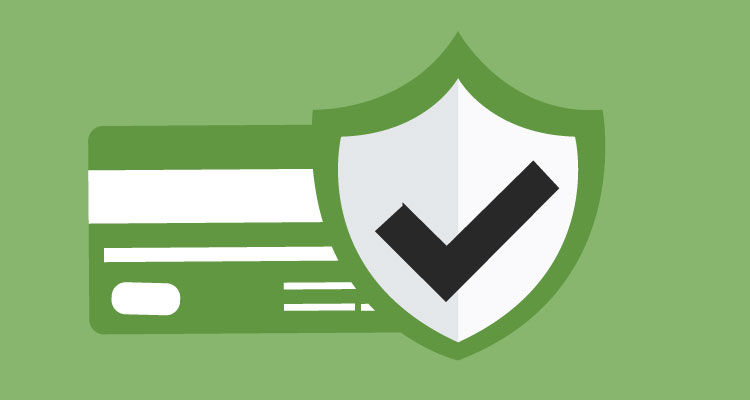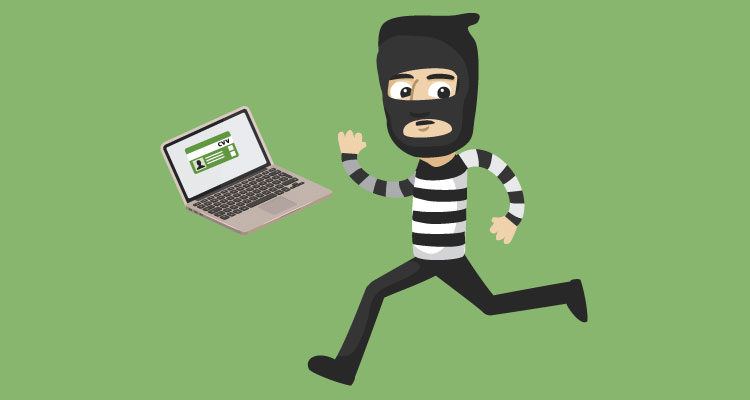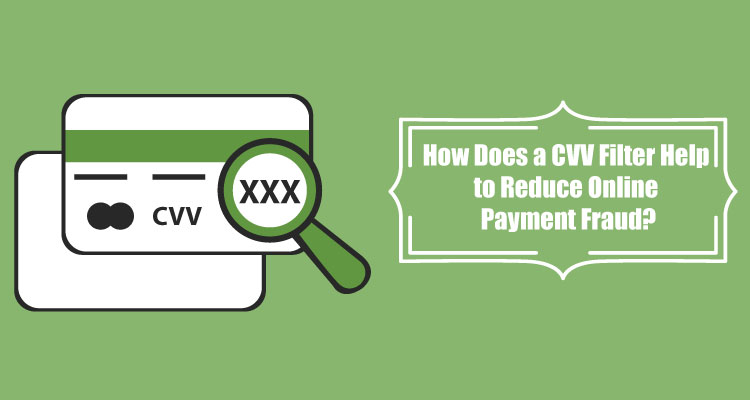Why do you enjoy shopping online?
Like most of us, it’s probably because of the ease and convenience. For example, would you rather do all of your holiday shopping, grocery shopping, clothing shopping — in your pajamas, during your lunch break or is the joy of fighting the traffic and crowds at the mall your “thing?” For most people the first option sounds much more appealing.
Unfortunately, criminals also find online fraud to be easy and convenient. In fact, according to the Global Fraud Index, which is a collaboration between PYMNTS and Forter, there were 27 attacks for every 1,000 transactions during the fourth quarter of 2015. That was 11 percent more than what was reported in 2015 Q3, and a 215 percent increase from 2015 Q1.
Cybercriminals only need your name, card number, and expiration date to start making unauthorized charges. The fraudsters can even find your billing address by conducting a quick reverse lookup. So, yeah. Online fraud is a lot easier than you may have thought.
What Are CVV Filters?
One of the last lines of defensive, however, is the card verification value (CVV). This is that three to four digit verification code on the back of most standard credit cards. Even if someone steals information like your card number, expiration date, and billing address, they won’t be able to complete the transaction without the CVV.
If you have an online storefront, for example, a CVV filter is basically a CVV field on the checkout page. In order for the payment to be authorized, that unique number on the back of the card must match what the bank has on file. If not, the purchase doesn’t go through. If the numbers match, then the payment transaction goes through.

How Do CVV Filters Prevent Fraud and Where Are They Required?
A CVV filter prevents anyone except the cardholder to use the card. Even though a hacker has your credit or debit card number, they can’t make any purchases because the filter requires those digits on the back of a card to be given to the business before the completed transaction is actually sent. Since retailers are not allowed to store information like the CVV filter, this number can’t be found online.
This is a simple, added security measure that can prevent anyone from making excessive charges to the credit or debit card, which ultimately leaves the cardholder in financial ruin.
In your business, if you make any card-not-present transactions, such as online, over the phone, or snail mail, then you need to a require a field where the cardholder inputs the CVV to verify the transaction.

Dynamic CVV Filters
Here’s the problem with CVV. These numbers are static. This means that they never change. So while that may come in useful when the card isn’t present, what happens if you lose your card in public? Some nefarious individual is now able to start using your card as freely as they would like.
Fortunately, card issuers are resolving this issue by providing cardholders with dynamic CVVs. These are temporary numbers that expire and are sent to the cardholder via email or text message. So, even if someone physically steals your credit or debit card, they can’t use it because without the CVV they can’t complete the transaction.
While CVV filters, even if they’re dynamic, won’t completely eliminate fraudulent online payments, they can reduce the risk. Which is good for customers and businesses who want to avoid a bad reputation or chargebacks because of a security breach.
Every person and every business needs to be concerned and active in the personal security area of life. All persons need to watch out and protect themselves from fraud. The card companies and banks can’t do it all alone. CVV number changes on an annual basis may be a start of better card protection, but until then, the CVV number itself is working pretty well.















